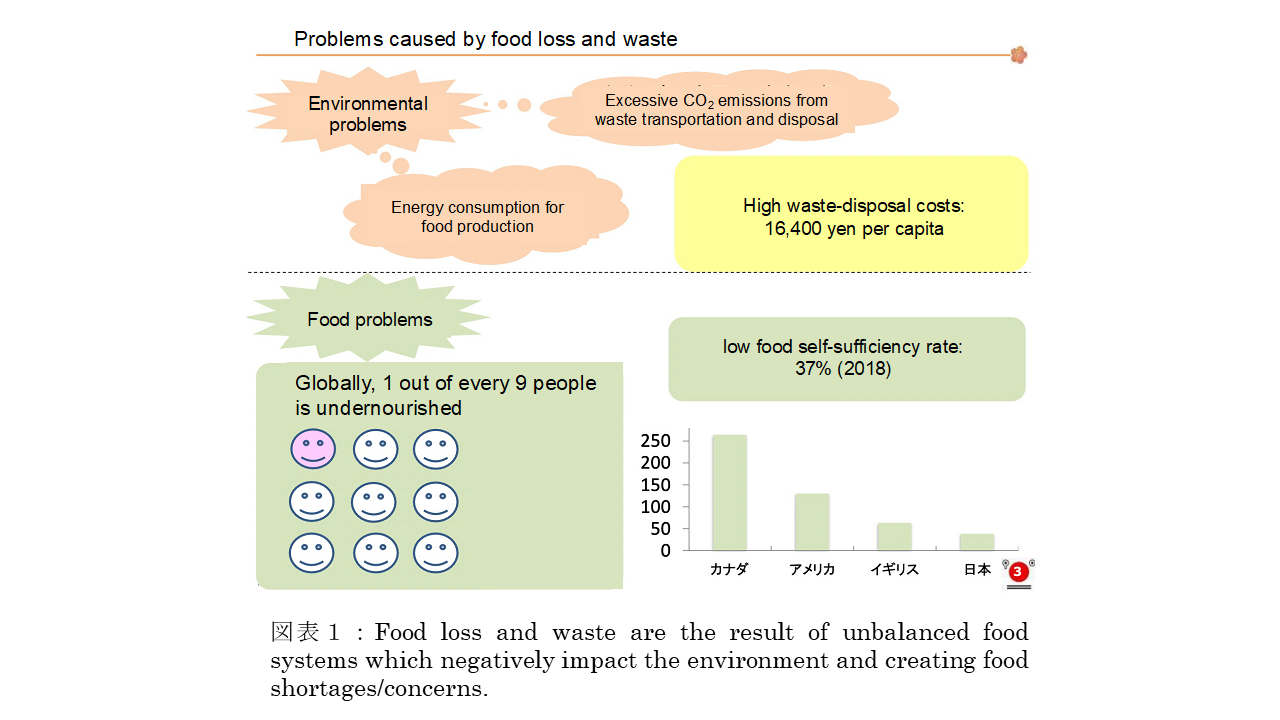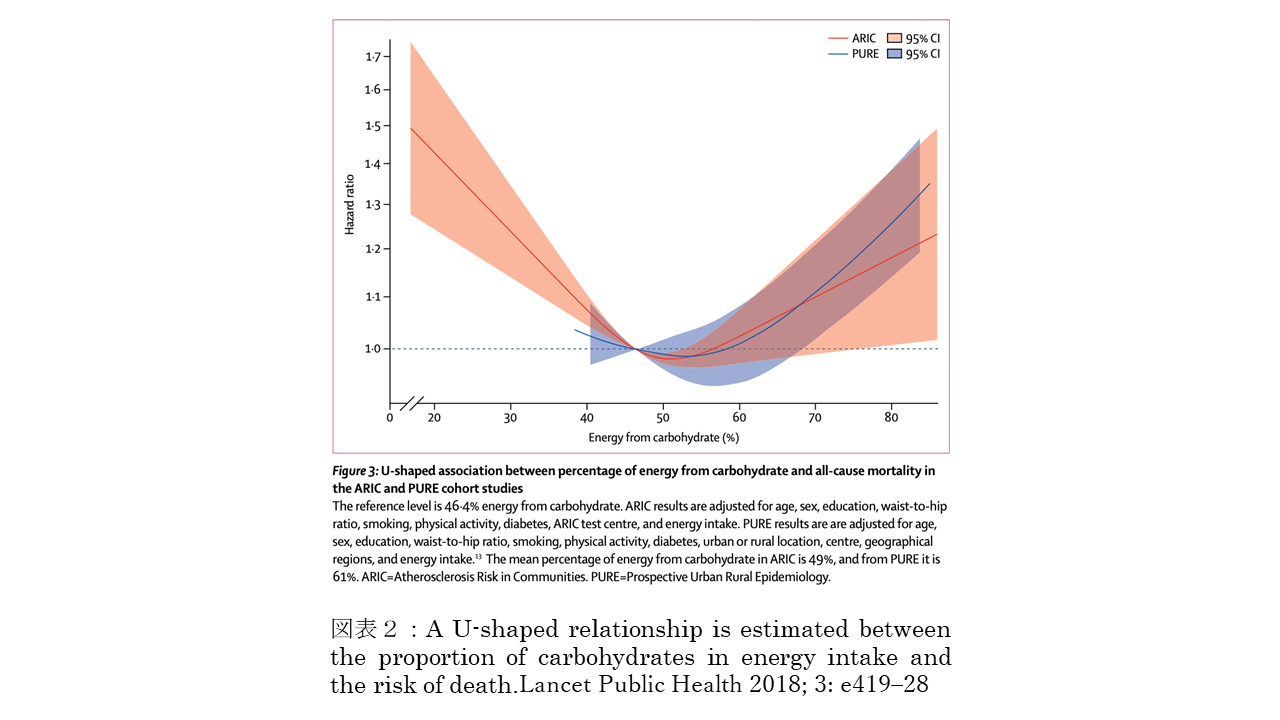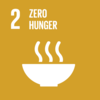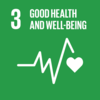Health-improvement by visualizing the carbon footprint of food production and consumption: Carbon Optimization for Society and Humans


- 3.1 Humanities and social sciences
- 3.6 Agricultural sciences
- 3.7 Medicine, dentistry and pharmacy
Toshimasa Yamauchi
Graduate School of Medicine
professor
Excessive or insufficient food production and food waste are not only environmental burdens, but are also threats to individuals’ health in developed countries due to their impact on lifestyle-related diseases (as caused by overeating and unbalanced nutrition). By systematically analyzing the food system, individual eating behavior, and food loss from the perspective of its carbon impact, this project contributes to solving the problems facing the food system and seek a new approach to lifestyle-related diseases.
Research collaborators
- Tomohisa Aoyama
- Kengo Miyoshi
Related publications
- Lancet Public Health 2018; 3: e419–28.
- Diabetes Care 2020;43:2643–2650.
- Front Nutr. 2019 Sep 4;6:143.
SDGs
Contact
- Tomohisa Aoyama
- ex. 37244









